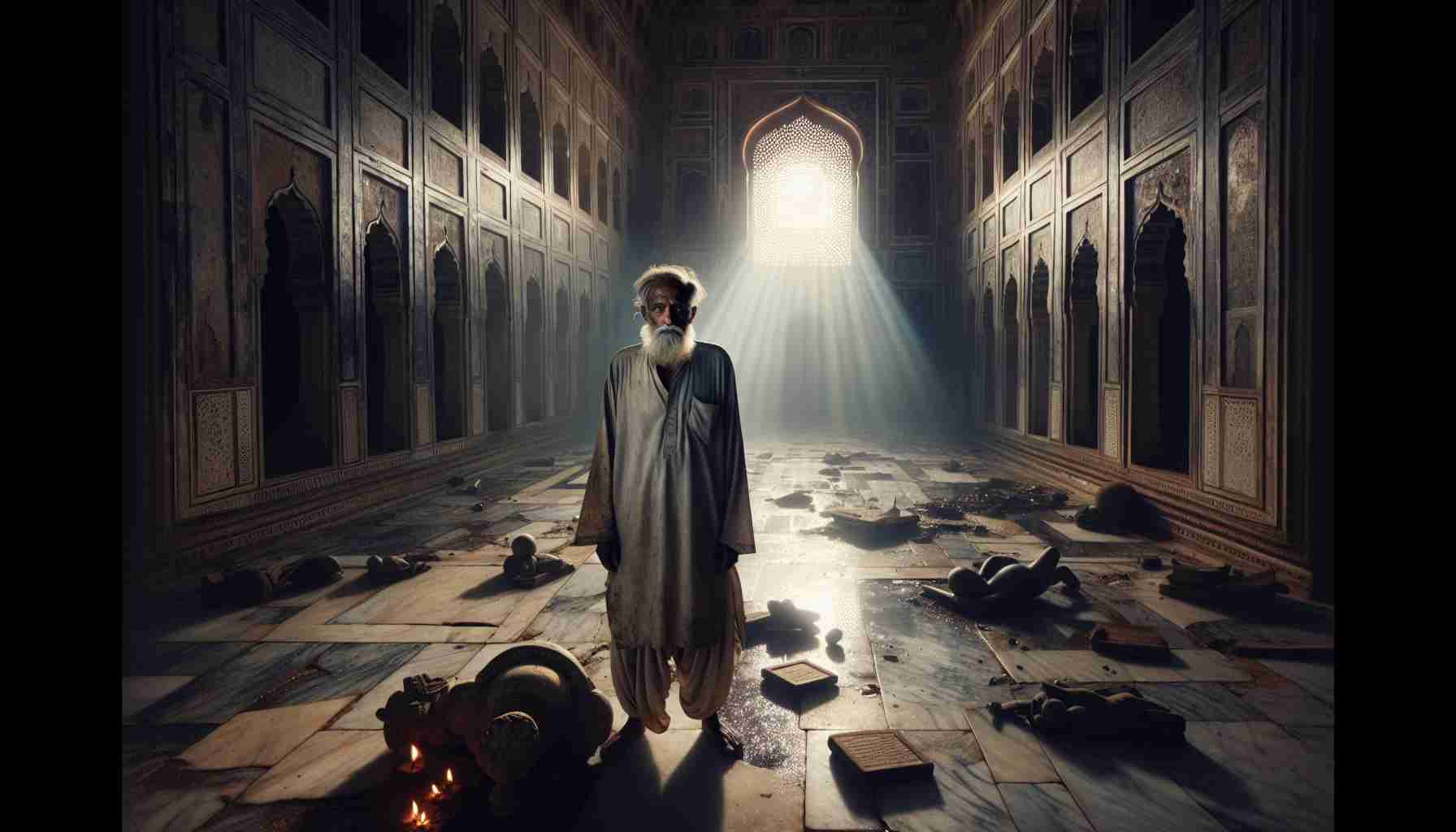

The sulfur wind from the sea brought no relief. It crawled over the Dalmatian cliffs, dry and bitter, scouring the granite-paved courtyards of the Palace of Diocletian. Behind its thick walls of white limestone, grown coarse with age, the once-mighty emperor stood hunched beneath the weight of an invisible crown.
Bronze gates, carved with the eagle of Jupiter, creaked in the heat. No heralds called his name now. No generals saluted. His purple robes had given way to homespun linen, and his sword rested forever in its sheath. On May 1st of the year 305, Gaius Aurelius Valerius Diocletian had done what no emperor before him dared—he stepped down from absolute power.
"What god tempts a man from divine rule to humble retreat?" asked a Praetorian guard, his voice hushed behind the colonnade. No answer came.
The palace in Spalatum—iron-boned and sea-washed—had been built for retirement, though few believed he would ever live to see it. A sanctum of stone and command, its corridors echoed with imperial ambition. In the heart of its chambers, where torchlight flickered on Syrian marble, Diocletian walked alone, traced by fever and despair.
Two years had passed since he issued the first edict against the Christians.
It began with fire—flames consuming the grand church in Nicomedia, ashes swirling where hymns once rose. Iron-shod soldiers shattered altars and tore parchment from sacred scrolls. The prisons filled with bishops and deacons. And in the marketplaces, rumor and persecution marched together. Martyrs sang as beasts devoured them. Nobles recanted their baptism under the lash. Stone by stone, he had tried to grind the church into silence.
But faith, like a seed buried deep, had grown in secret.
In the shadows of catacombs, Christians gathered. Their worship, quiet but resolute, echoed 1 Peter 5:10: “And after you have suffered a little while, the God of all grace… will himself restore, confirm, strengthen, and establish you.” They whispered it beside tombs, in alleys choked with incense smoke, behind olive presses and under starless skies. Through blood and chains, the gospel surged.
And then—Diocletian fell ill.
First came the trembling. Then the night fevers, too fierce for physicians and too sudden to be hidden. The emperor who once believed himself descended from Jupiter now lay doubled in his chambers, gnawed from within. His breath turned sour. His dreams filled with fire—churches burning, mothers watching sons impaled. Across the empire, voices called for stability. His co-emperor, Maximian, urged retreat. Resistance crumbled beneath the weight of madness and pain.
At last, he called his subordinates, stood atop the marble platform in Nicomedia, and placed the laurel crown down. Silver-gray hairs fluttered in the breeze. The crowd gasped, uncertain whether they mourned the end or cheered deliverance.
Back in Dalmatia, the peacocks he once adored wandered free in the gardens. He tended them like penance. Some said they whispered when he passed. Others claimed he muttered to stone statues, cursing invisible foes. But one truth stood above rumor—the persecution he had begun was over.
From the ashes of oppression rose a new dawn.
Young Constantine, son of Constantius, rose swiftly. Upon Diocletian’s abdication, tides shifted. In the West, he favored the Christians his father had spared. Whispers of peace reached even the deserts of Thebaid. The faithful emerged from caves and prisons. Songs once stifled on the tongues of martyrs now rang in basilicas, crude still, but radiant with hope.
In Cappadocia, a widow returned to her village and found the church where her son had been seized now crowned in lilies. In Carthage, a bishop whose back bore the mark of brands lifted the Eucharist skyward with healing hands. In Rome, a child baptized in fear now lit candles in public, boldly reciting letters Paul had once written in chains.
Still, the souls of the martyred lingered in memory—witnesses like Polycarp and Agnes, laborers of the field who chose truth over breath. Their stories pierced hearts, drawing unlikely converts—soldiers, scholars, merchants—each aching to be part of a movement that no dungeon could quench.
Diocletian died secluded in the palace he’d built for peace but filled with regret. His grand mausoleum, round and imperial, stood like a defiant pillar above Spalatum. Yet within a century, it would become a cathedral. The same Christians who once fled his sword now entered his tomb bearing censers and crosses. Over his bones, choirs sang the Psalms.
And so it was that in the fall of a tyrant, the church stood taller. Men who had lost everything—homes, families, limbs—now preached forgiveness with eyes aglow. Their suffering had not been wasted. It had become the seed of revival.
The gates of Diocletian's palace still stand today, weathered yet firm. Tourists wander through, unaware that beneath their feet once lay the forge of empire and affliction. The ruins whisper stories of brutality, yes—but also of a strange and sovereign grace.
For the God of all grace did indeed restore. As promised.